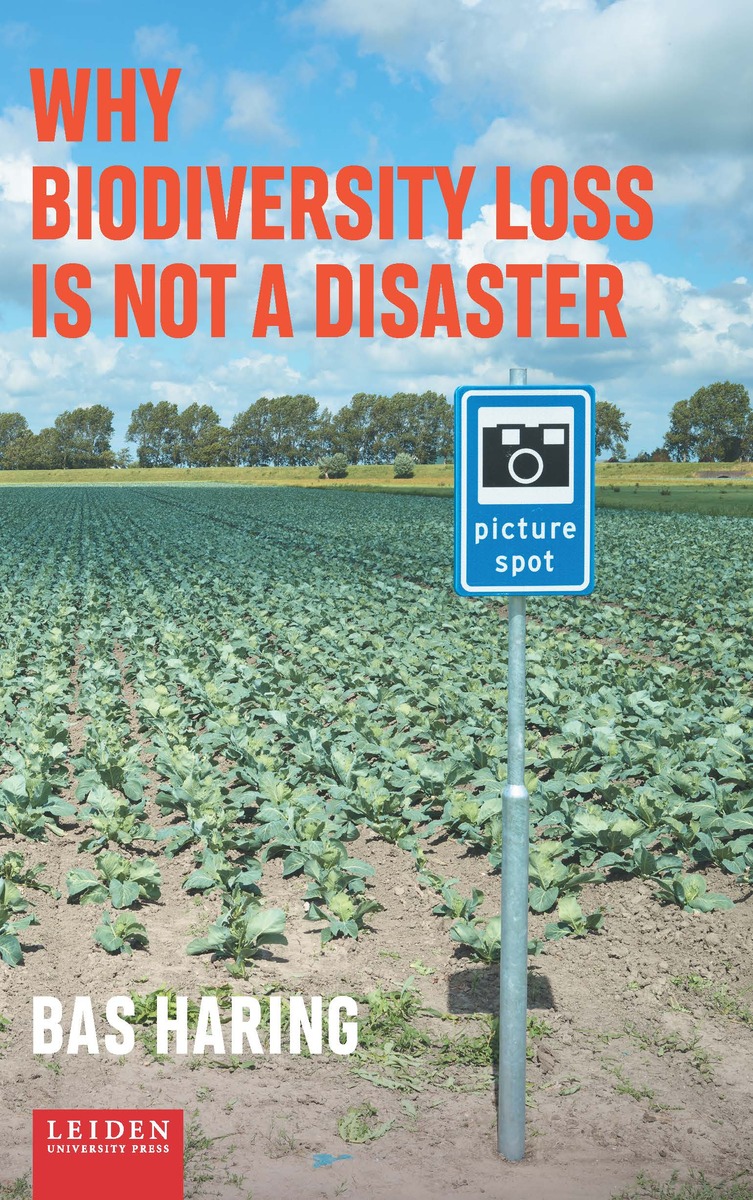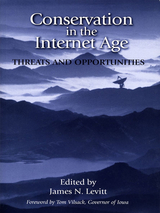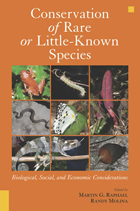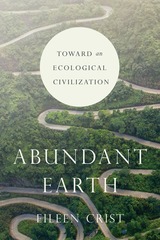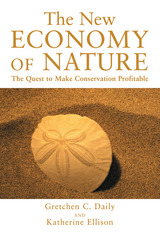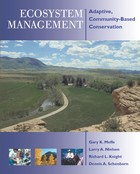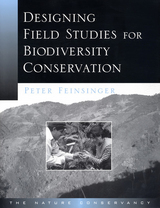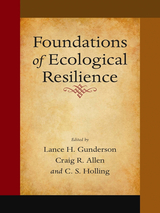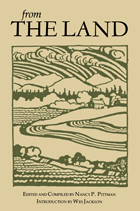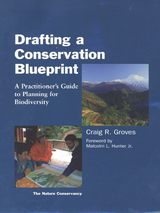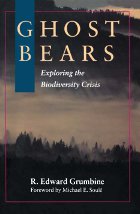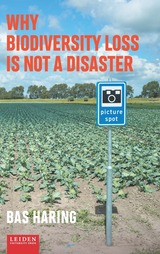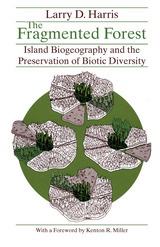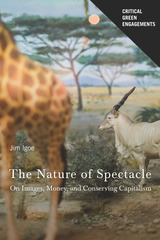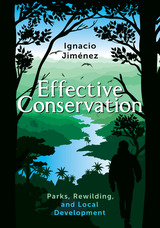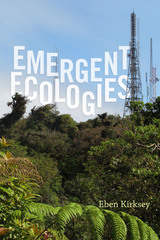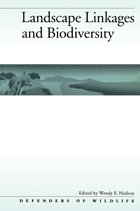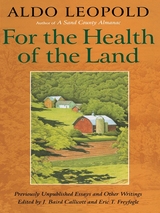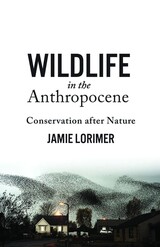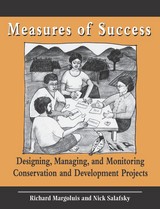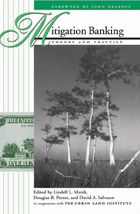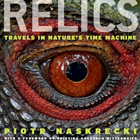Why biodiversity loss is not a disaster
Leiden University Press, 2020
Paper: 978-90-8728-353-7 | eISBN: 978-94-006-0390-5 (PDF)
Library of Congress Classification QH75.H3669 2020
See other books on: Biodiversity conservation | Biological Diversity | Environmental Conservation & Protection | Life Sciences | Nature
See other titles from Leiden University Press
Paper: 978-90-8728-353-7 | eISBN: 978-94-006-0390-5 (PDF)
Library of Congress Classification QH75.H3669 2020
ABOUT THIS BOOK | AUTHOR BIOGRAPHY | REVIEWS | TOC
ABOUT THIS BOOK
Philosopher Bas Haring argues that mass extinction is not a harbinger of global disaster.
Each year, climate change drives more and more species extinct, leaving many fearful for the fate of the planet. Why Biodiversity Loss is Not a Disaster calms such fears: we have no reason to believe fewer species will result in cataclysmic disaster. In this book, philosopher Bas Haring argues that nature is not like a machine that falls apart without all its parts. While some environments depend on the survival of specific species, he contends, these unique relationships cannot be generalized to the planet at large. In the long view, Haring writes, biodiversity loss is a pity but not a disaster.
Each year, climate change drives more and more species extinct, leaving many fearful for the fate of the planet. Why Biodiversity Loss is Not a Disaster calms such fears: we have no reason to believe fewer species will result in cataclysmic disaster. In this book, philosopher Bas Haring argues that nature is not like a machine that falls apart without all its parts. While some environments depend on the survival of specific species, he contends, these unique relationships cannot be generalized to the planet at large. In the long view, Haring writes, biodiversity loss is a pity but not a disaster.
See other books on: Biodiversity conservation | Biological Diversity | Environmental Conservation & Protection | Life Sciences | Nature
See other titles from Leiden University Press
